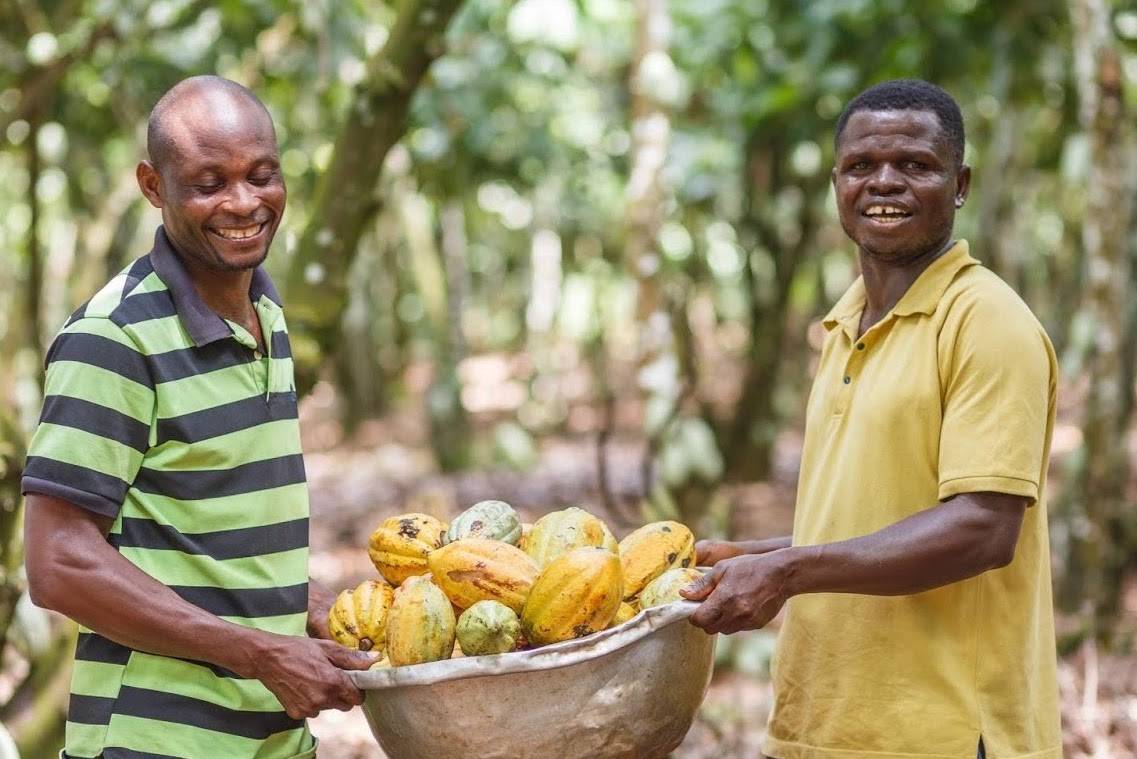Reducing Mercury Use and Strengthening Responsible Supply Chains in Ghana’s Artisanal and Small-scale Gold Mining Sector project
The project is being implemented in Ghana with funding from the United States Department of State and seeks to reduce the use of mercury in Ghana’s artisanal and small-
scale gold mining (ASGM) sector through education, demonstration of better technology, strengthened equipment supply chains and demonstrating business incentives for mercury-free gold production.
The project will also support the Government of Ghana to implement mercury abatement initiatives, including the formalization of gold miners, in the artisanal and small-scale gold mining sector.
Implemented over a three-year period (2021 to 2023) in the Ashanti and Western region, the project will support gold mining co-operatives and 20 entities to test and uptake mercury-free processing systems, to produce gold ore that can be marketed and sold as mercury-free.
The project is building on Solidaridad’s exemplary field-level work with Ghanaian ASGM groups,
“Child Labour Monitoring and Remediation System”
In Cote d’Ivoire, Solidaridad is implementing a three-year project to help mitigate and remediate the issues of child labour in 35 cocoa-producing communities.
Dubbed, “Child Labour Monitoring and Remediation System” the project is funded by Mondelez International and Barry Callebaut, and seeks to reduce child labour in cocoa-producing areas of three cocoa smallholder cooperatives.
It also seeks to increase public awareness on children’s access to education and vocational training for youth, provide assistance and care for victims of child labour, and improve the synergy of actions of different actors to ensure a holistic response to child protection.
Solidaridad has, over the years, engaged various stakeholders through the implementation of projects in cocoa-growing communities to tackle the issues of child labour.
The project would be implemented using two approaches; a community-centred approach that involves using dialogue for child protection and social interventions and actions, and a cooperative-centred approach that focuses on training farmer cooperatives in the communities to sensitize its members on child labour issues.
Under the two approaches, various measures will be put in place within the targeted cocoa-producing communities while building the capacities and mainstreaming the activities of community-based child protection committees and the cooperatives child protection committees.
Reclaim Sustainability
Reclaim Sustainability is a five-year programme (2021-2025) being implemented in strategic partnership with the Dutch Ministry of Foreign Affairs. The programme seeks to contribute to inclusive sustainability in value chains and trade innovatively, in which the interests, voices and rights of farmers, workers and citizens are well represented and heard in decision making for sustainable use of natural resources, decent work, fair value distribution, and sustainable consumption.
The programme which also seeks to strengthen civil society will be implemented in Cote d’Ivoire, Ghana and Sierra Leone.
The programme will advocate to influence policies, accelerate the optimization of the bargaining position of farmers and workers in the cocoa, oil palm and gold values chains, as well as amplify the voice of citizenry, by mobilizing and engaging citizens and Civil Society Organizations to change norms, and influence the policy agenda on issues related to unsustainable and non-inclusive trade and value chains.
Towards a Resilient Food and Nutrition Security for Vulnerable Communities Project
In Sierra Leone, the organization is implementing a project, Towards a Resilient Food and Nutrition Security for Vulnerable Communities, to build women’s capacity in food production and income generation. The project also seeks to improve food security, alleviate poverty and enhance knowledge of climate-smart agricultural practices.
Co-funded by the Latter-day Saint Charities and Solidaridad, the project will be partner four women’s groups and is expected to benefit 1,500 household members including smallholder women farmers, children and youths.

